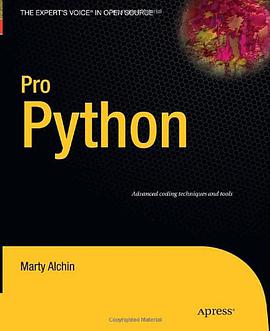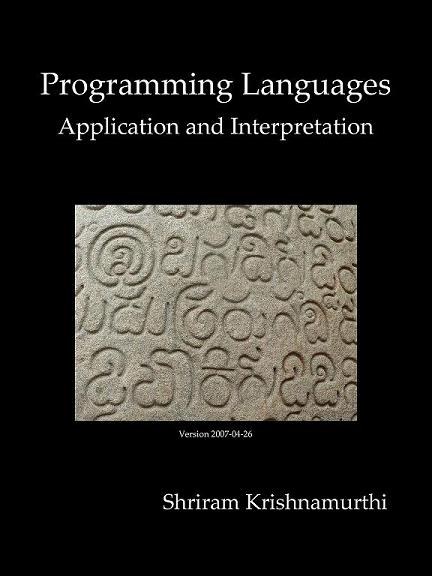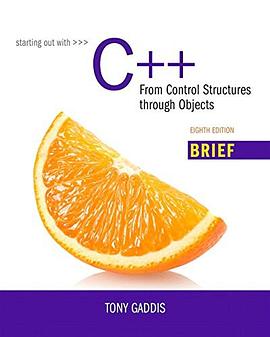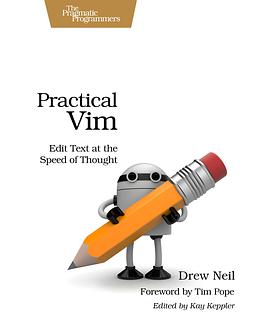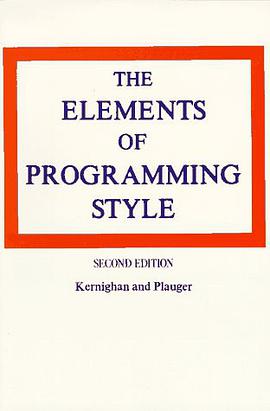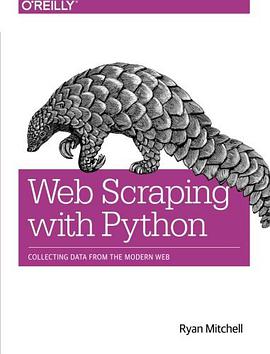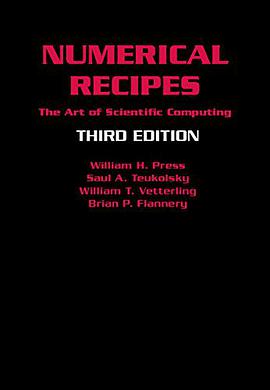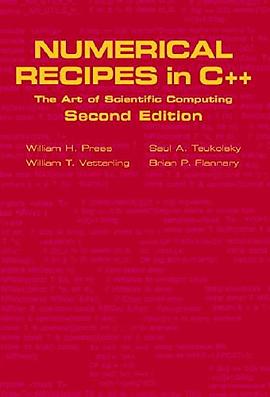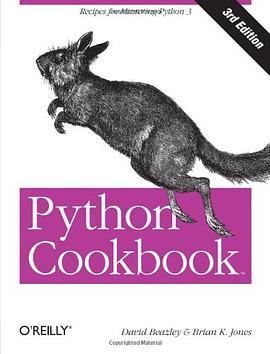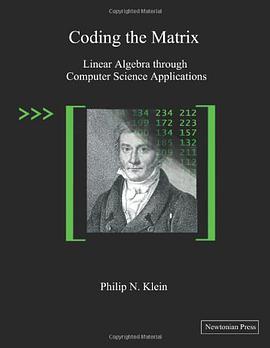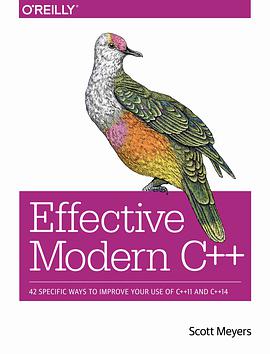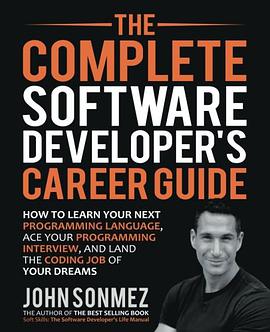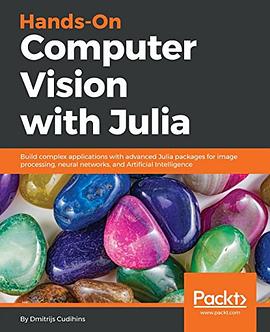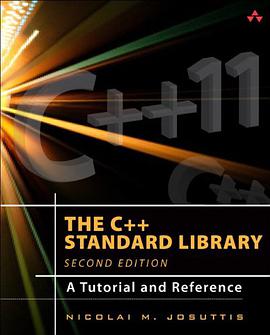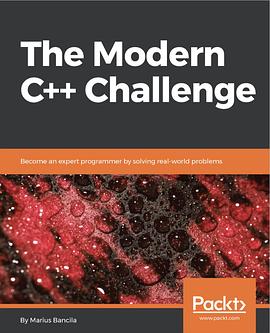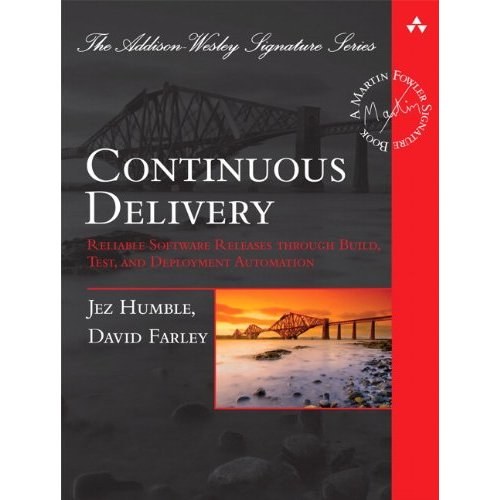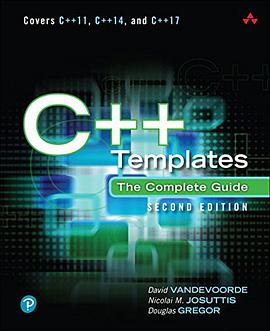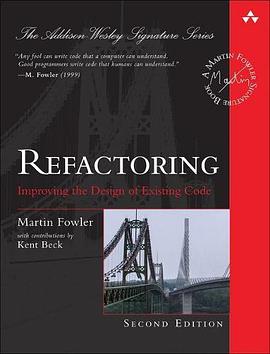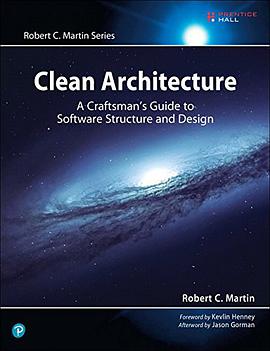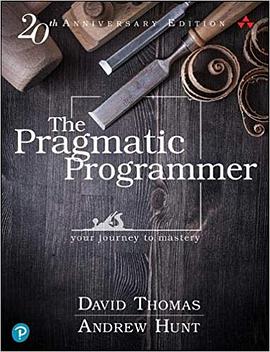Pro Python 豆瓣 Goodreads
作者:
Marty Alchin
Apress
2010
- 6
You've learned the basics of Python, but how do you take your skills to the next stage? Even if you know enough to be productive, there are a number of features that can take you to the next level in Python. Pro Python explores concepts and features normally left to experimentation, allowing you to be even more productive and creative. In addition to pure code concerns, Pro Python will develop your programming techniques and approaches, which will help make you a better Python programmer. Not only will this book help your code, it will also help you understand and interact with the many established Python communities, or even start your own. * Take your Python knowledge and coding skills to the next level. * Write clean, innovative code that will be respected among your peers. * Make your code do more with introspection and metaprogramming. * Design complete frameworks and libraries (two are included in the book!). What you'll learn * Write strong Python code that will be respected in the Python community. * Understand the reasons behind big design decisions in Python. * Write programs that can reconfigure themselves in Python. * Disguise your code as different types of objects in Python. * Inspect just about any object in Python. * Prepare your code for international audiences. * Ensure code quality with rigorous testing. Who this book is for This book is for intermediate to advanced Python programmers who are looking to understand how and why Python works the way it does and how they can take their code to the next level. Table of Contents * Principles and Philosophy * Advanced Basics * Functions * Classes * Common Protocols * Object Management * Strings * Documentation * Testing * Distribution * Sheets: A CSV Framework
